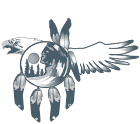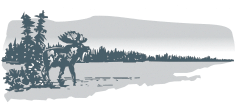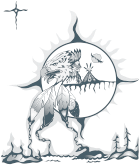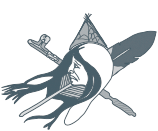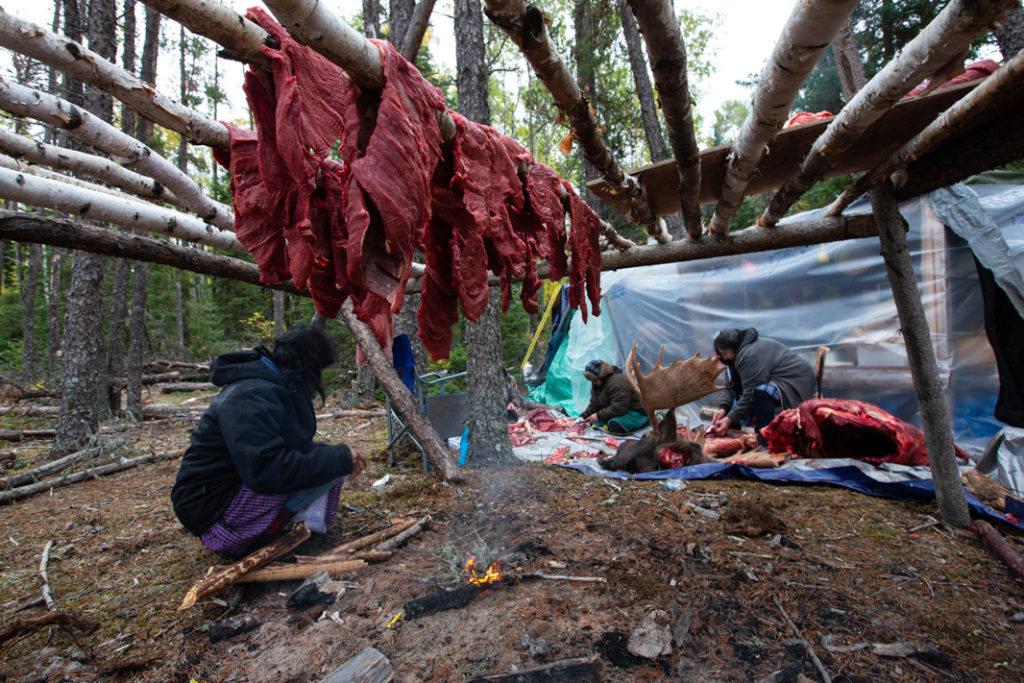
A moose can provide six months of food for a family, but moose hunting is more than just practical. It’s a family tradition, passed down through generations.
Norman Pascal of Pauingassi First Nation learned how to hunt from his grandfather, Bushie Pascal, when he was “old enough to know how to handle a gun,” at the age of 14. Today, he hunts duck, geese, moose, beaver and muskrat. He learned from past generations to only take what you need. “Just because you see five moose, you don’t shoot five moose,” he says.
When someone kills a moose, they think about the whole community. If a family doesn’t have the capacity to hunt, hunters will share the meat with them. “We share the meat with whoever asks for it,” says Norman.
Hunters will also hunt for the Elders in the community. Pimachiowin Aki Guardian Dennis Keepers says that there are eight people who look after the Elders in his community of Little Grand Rapids. They will harvest beaver and duck, and fish and hunt moose for them. Dennis says he “has lots of family in the area,” but the Elders he hunts for are not related to him. The Elders give him gas or other hunting supplies as payment.
Moose hunting is so important to the Anishinaabeg of Pimachiowin Aki that many children enjoy official breaks from school in order to join their families on fall moose hunts.
Dennis, who also learned how to hunt from his grandfather, plans to pass on his knowledge to his son when his son turns 10 years old. “I will take him and his friends out to learn how to survive out in the wild,” he says.
In October, when moose are mating, you can hear the bellow of the males along the lakeshores. Hunters use horns made of birch to call them. They typically lure the
Anishinaabeg are careful not to be wasteful. They honour the Creator’s gifts through the continued harvest of plants and animals in a manner that ensures continuity of all life on the land. The Guardians in each community of Pimachiowin Aki are constantly monitoring their areas, building relationships with hunters, and watching out for poachers and trophy hunters.
In our ancestors’ time, a person who wasted an animal would be punished, explains Bloodvein First Nation Guardian Melba Green. “You take only what you need and don’t waste it,” she says. Today, community members report back to the Guardians, sharing what they observe when they go out onto the land. Any illegal activities or other areas of concern, including wastage, are passed along from Guardians to the relevant authorities.
Anishinaabeg
Sadly, not all
Dennis stresses the importance of talking to the Elders, to learn from them. “All the knowledge they have, once they’re gone, it’s gone.” Knowing this makes Dennis’ job as a Guardian all the more important. A huge priority is to bring youth and Elders together on the land, he adds.
Photo: Hidehiro Otake
